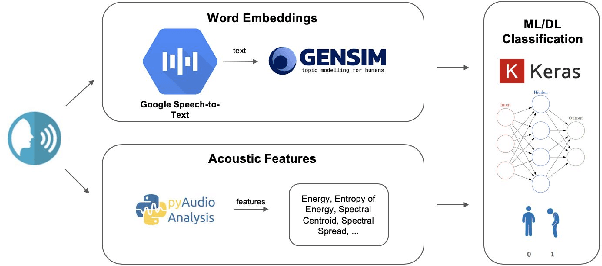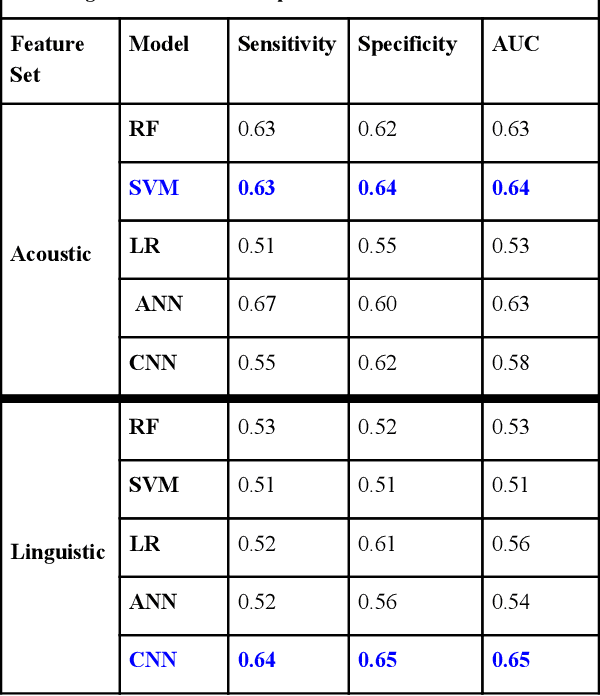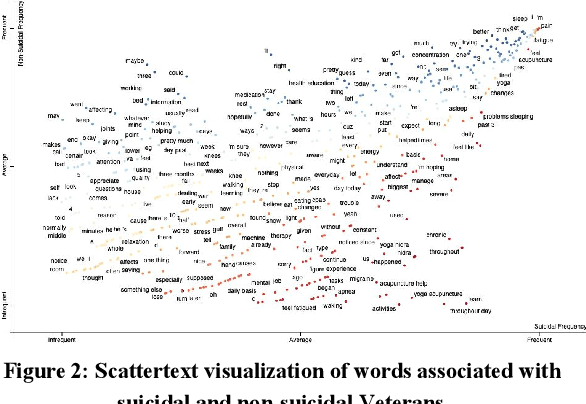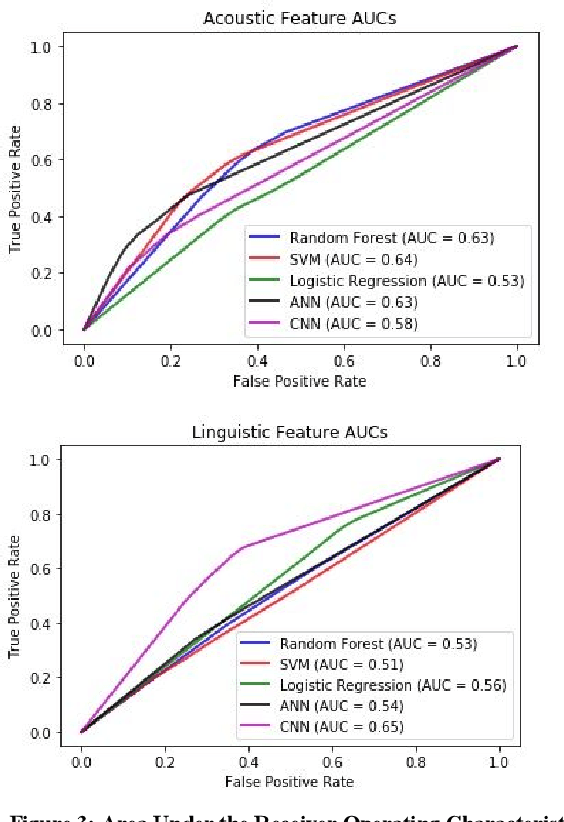Anas Belouali
Federated Learning Enables Big Data for Rare Cancer Boundary Detection
Apr 25, 2022Abstract:Although machine learning (ML) has shown promise in numerous domains, there are concerns about generalizability to out-of-sample data. This is currently addressed by centrally sharing ample, and importantly diverse, data from multiple sites. However, such centralization is challenging to scale (or even not feasible) due to various limitations. Federated ML (FL) provides an alternative to train accurate and generalizable ML models, by only sharing numerical model updates. Here we present findings from the largest FL study to-date, involving data from 71 healthcare institutions across 6 continents, to generate an automatic tumor boundary detector for the rare disease of glioblastoma, utilizing the largest dataset of such patients ever used in the literature (25,256 MRI scans from 6,314 patients). We demonstrate a 33% improvement over a publicly trained model to delineate the surgically targetable tumor, and 23% improvement over the tumor's entire extent. We anticipate our study to: 1) enable more studies in healthcare informed by large and diverse data, ensuring meaningful results for rare diseases and underrepresented populations, 2) facilitate further quantitative analyses for glioblastoma via performance optimization of our consensus model for eventual public release, and 3) demonstrate the effectiveness of FL at such scale and task complexity as a paradigm shift for multi-site collaborations, alleviating the need for data sharing.
A Machine Learning Approach to Detect Suicidal Ideation in US Veterans Based on Acoustic and Linguistic Features of Speech
Sep 27, 2020



Abstract:Preventing Veteran suicide is a national priority. The US Department of Veterans Affairs (VA) collects, analyzes, and publishes data to inform suicide prevention strategies. Current approaches for detecting suicidal ideation mostly rely on patient self report which are inadequate and time consuming. In this research study, our goal was to automate suicidal ideation detection from acoustic and linguistic features of an individual's speech using machine learning (ML) algorithms. Using voice data collected from Veterans enrolled in a large interventional study on Gulf War Illness at the Washington DC VA Medical Center, we conducted an evaluation of the performance of different ML approaches in achieving our objective. By fitting both classical ML and deep learning models to the dataset, we identified the algorithms that were most effective for each feature set. Among classical machine learning algorithms, the Support Vector Machine (SVM) trained on acoustic features performed best in classifying suicidal Veterans. Among deep learning methods, the Convolutional Neural Network (CNN) trained on the linguistic features performed best. Our study shows that speech analysis in a machine learning pipeline is a promising approach for detecting suicidality among Veterans.
 Add to Chrome
Add to Chrome Add to Firefox
Add to Firefox Add to Edge
Add to Edge